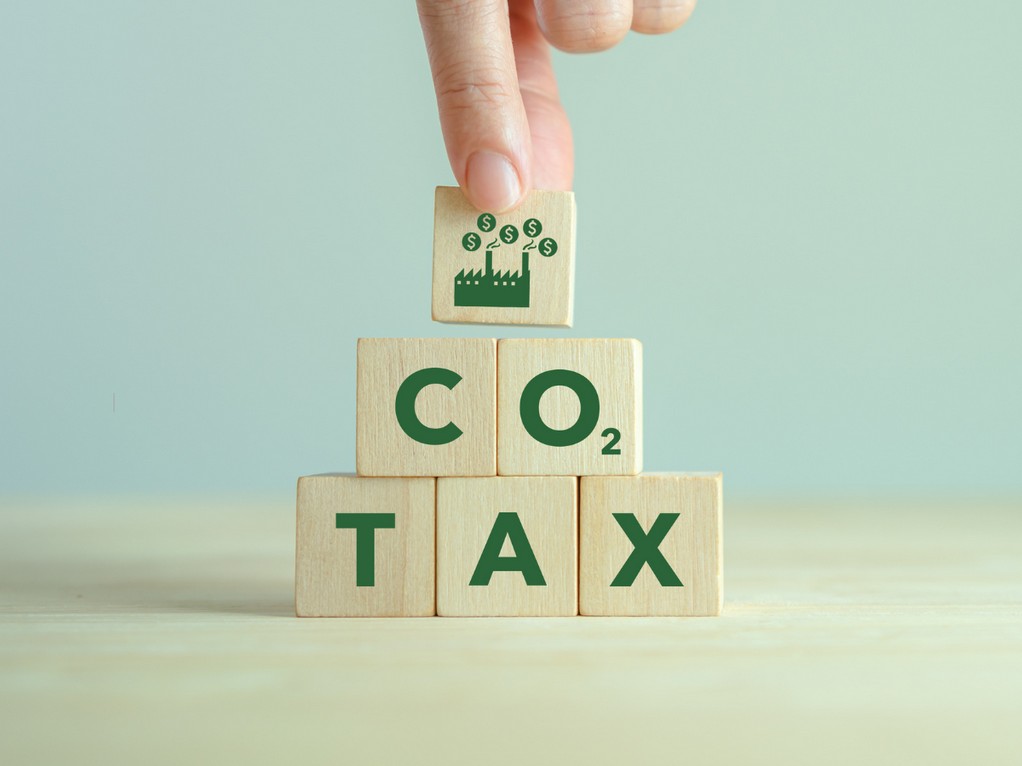FM Sitharaman has expressed her concerns regarding the Carbon Border Adjustment Mechanism (CBAM), mentioning that she has communicated to European parliamentarians that the CBAM would essentially make India pay for greening its own steel production.
The full implementation of the CBAM is slated for January 2026. India and the European Union (EU) seem to be closing in on a dispute with the continental bloc trying to doubly punish the nation with its carbon tax and Finance Minister Nirmala Sitharaman voicing disapproval to the CBAM.
The minister said that both India and the EU are in the process of transitioning towards greener industries and making investments in sustainable assets. In this backdrop, she emphasised, penalising India through CBAM is unfair, the Business Standard reported on September 18.
The CBAM is poised to enter a transition phase starting October 1. During this phase, EU importers of carbon-intensive products such as cement, fertiliser, steel and aluminum will need to report the embedded emissions of their imports. However, they won’t be required to make any financial adjustment at this stage. The transition phase marks a crucial step in the implementation of CBAM, allowing for reporting and assessment of emissions associated with imported goods.
0India’s exports are expected to be hit by the EU’s 20 percent to 35 percent tariffs on high-carbon goods, Reuters reported citing a release from the finance ministry in July. Senior government officials and industry representatives from the steel sector held talks earlier this month regarding the implementation challenges associated with the EU’s decision to introduce a carbon tax.
The talks were focused on understanding the implications of the carbon tax and exploring potential strategies to adapt to this new regulatory framework, according to media reports.
The full implementation of the CBAM is slated for January 2026, meaning that from that point onward, a levy will be imposed on imported products covered by CBAM. The aim of CBAM, as outlined by the EU, is to establish a fair price for the carbon emissions associated with the production of carbon-intensive goods entering the EU.
This levy is intended to incentivise cleaner industrial production practices in non-EU countries, aligning with the EU’s goals of promoting sustainability and reducing carbon emissions, the daily said.
Sitharaman said she has communicated to European parliamentarians that the CBAM would essentially make India pay for greening its own steel production. She argued that this approach punishes India, as it would have less financial resources to invest in its own green initiatives after paying the carbon tax.
The FM stressed on the need for the EU to take New Delhi’s concerns into account, suggesting that other countries may not view the CBAM favourably if India’s concerns are not adequately addressed.
Tags: CABM., Carbon tax, eu, FM, Nirmala Sitharaman

Recent Posts
Record breaking increase of carbon dioxide in March
China develops first vehicle-mounted liquid hydrogen system
Surge in demand for LNG bunkering: Drewry
Horizon achieves breakthrough in new AEM Technology
The first alcohol engine to revolutionize mobility
Tata Steel achieves B24 biofuel voyage from Australia to India
Scientists synthesised material that can absorb Greenhouse Gases
First carbon removal plant in world comes online in Iceland